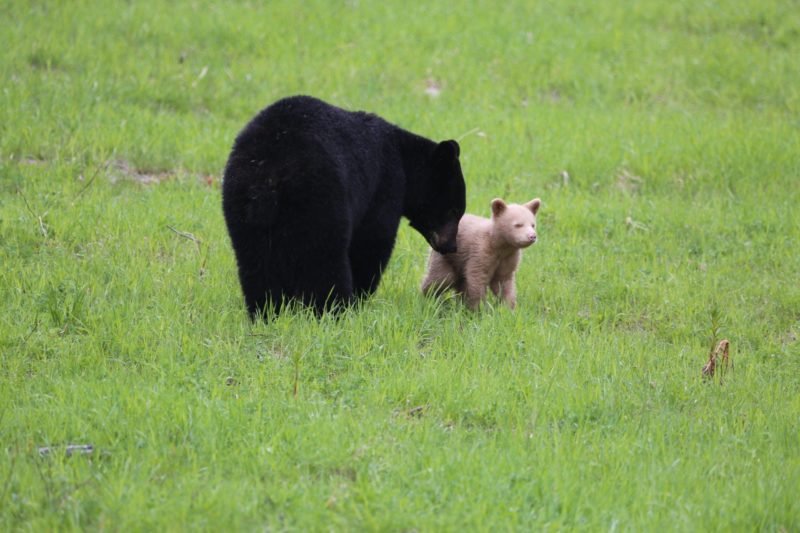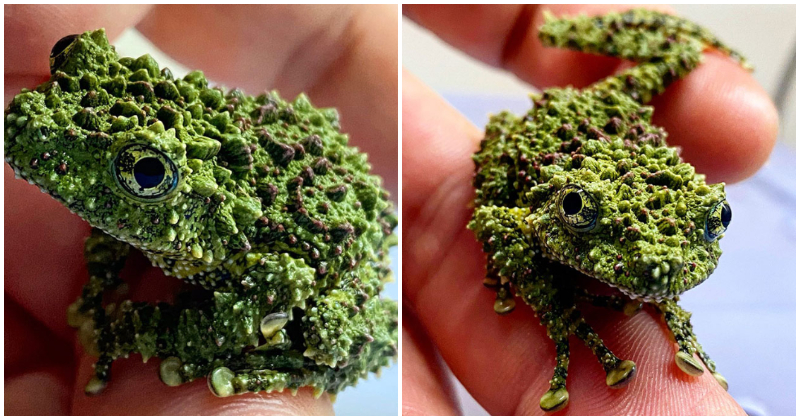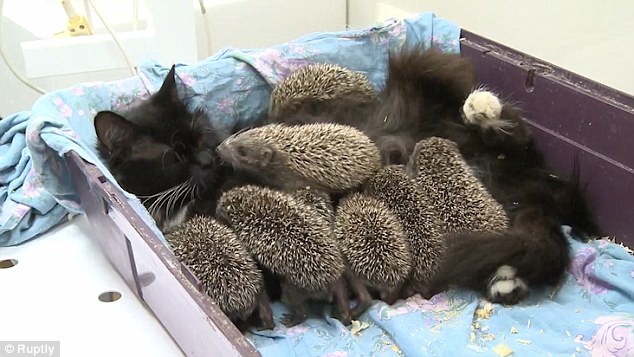As you may know, giant pandas are extremely difficult to raise, whether in the wild or in a zoo. Women of this species not only go to the heat only once a year but they can also be playful about their partners. That’s why any panda baby is worth celebrating!
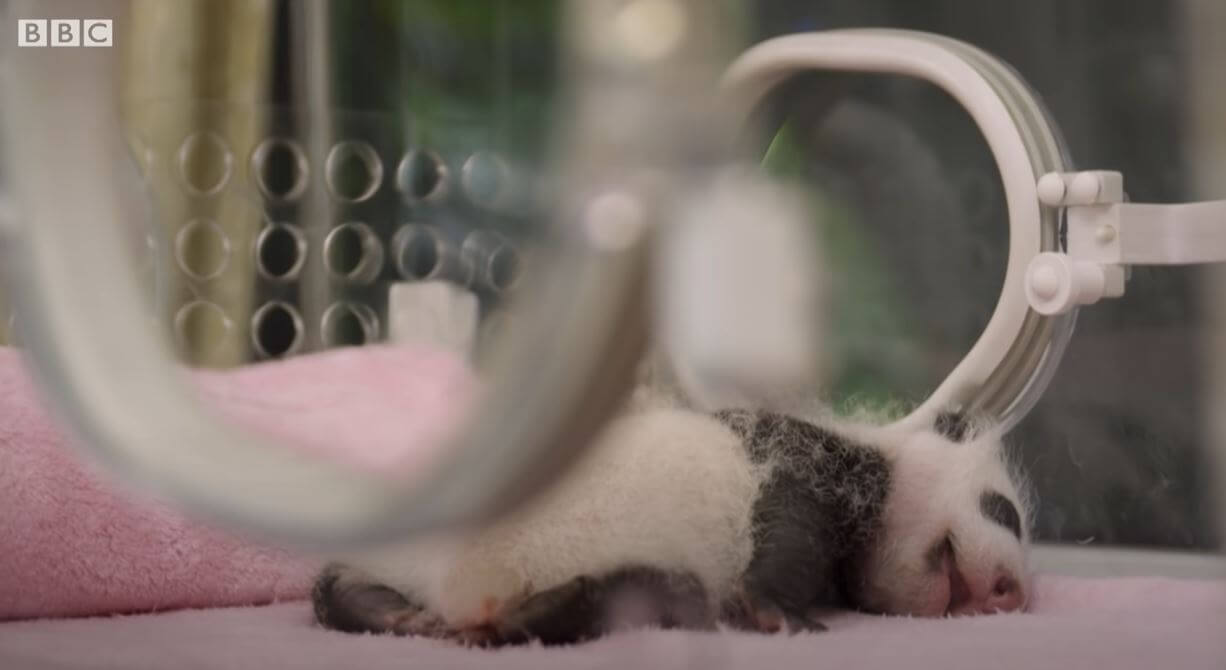
And, recently, the Ueno Zoo in Tokyo, Japan announced the good news on its website. Shin Shin’s mother Panda gave birth to twins on Tuesday, June 23. The newborns came out of the world an hour and a half apart, at 1:03 and 2:32 in the morning, they are out of the exhibition at the zoo and their gender and names have not been revealed yet.
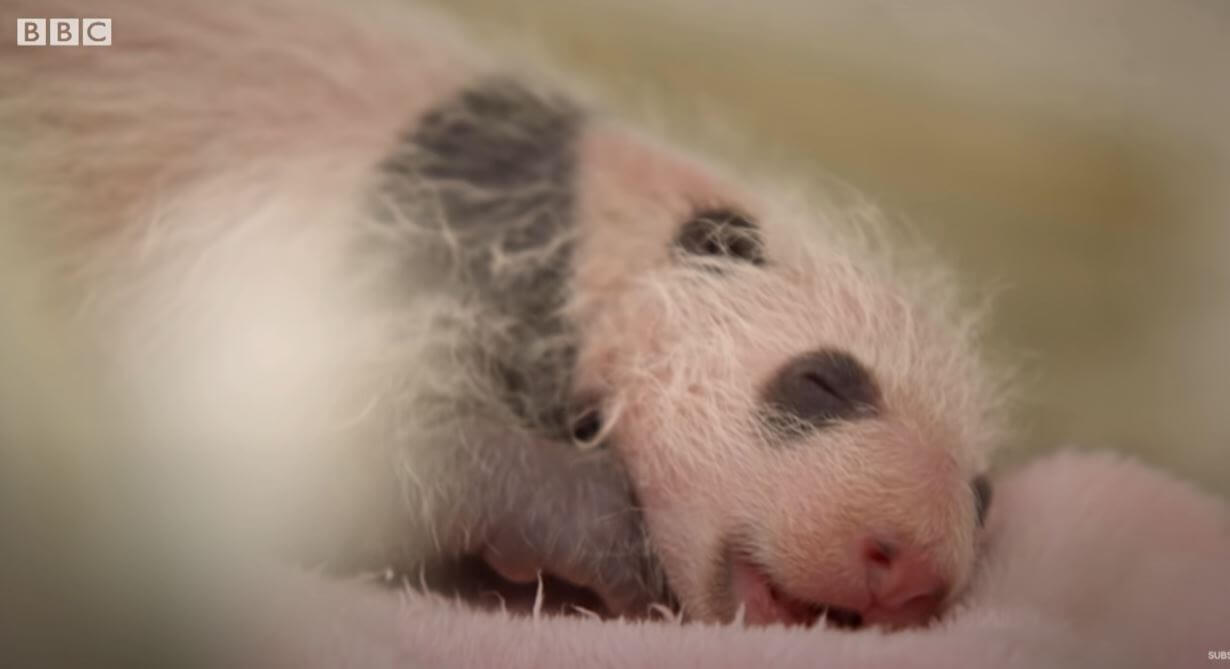
Raising a baby panda has never been easier. These creatures are very small when born, about the length of an adult human hand.
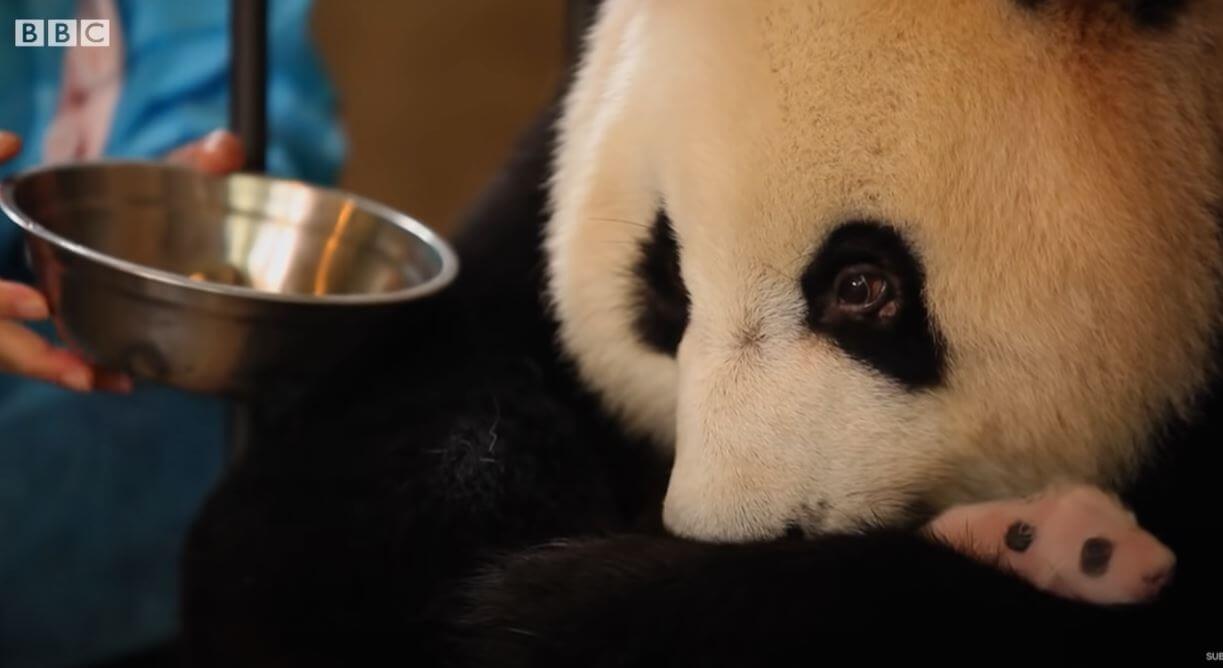
Since Shin Shin has two children, her job is a very difficult one. Panda’s mother cannot take care of twins at the same time. To deal with this, the zoo staff allows one child to stay with his mother, while the other is kept in an incubator under their care. This enables them both to develop a close relationship with their mother.
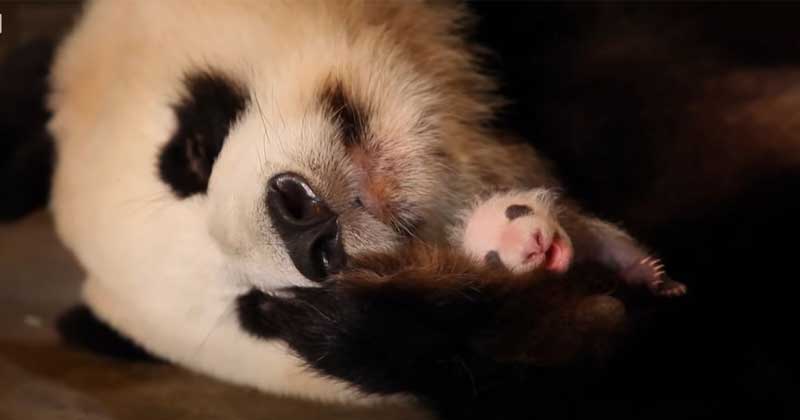
And just look! The way the giant mother hugs her little ones is so cute! She lets her baby lie on her big belly and licks him gently.
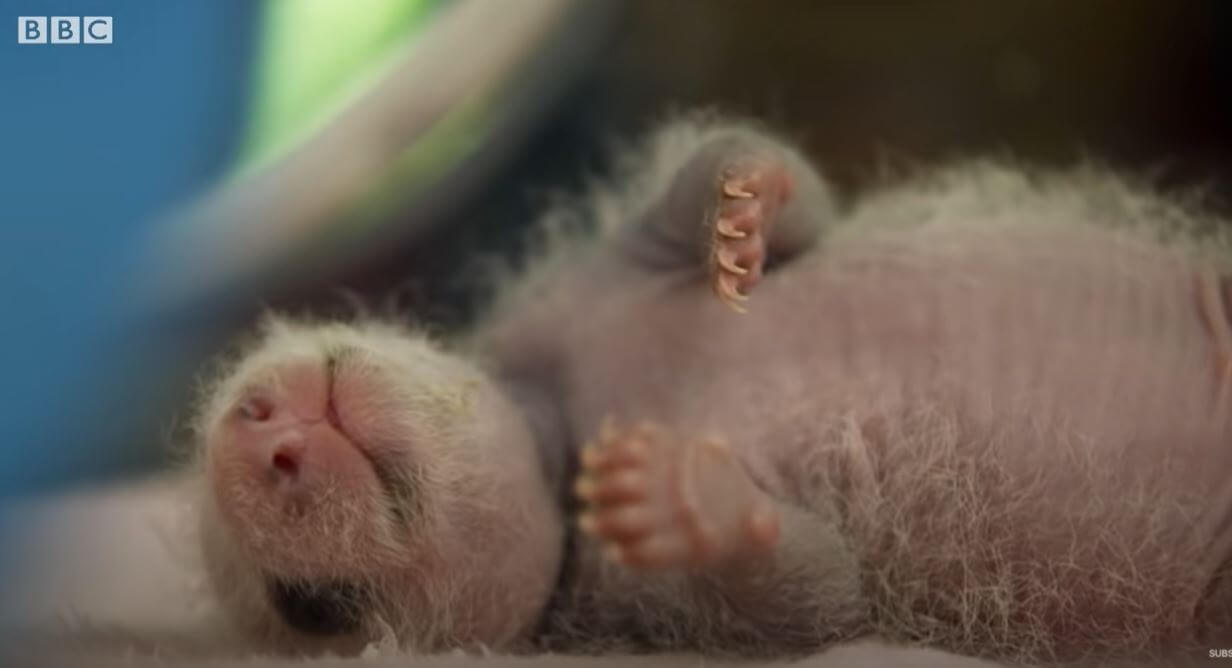
Zoo staff will keep a close eye on the twins to make sure they are growing up healthy. When they are placed in their mother’s care, the staff will observe, write and analyze all the impressions of the mother and children.
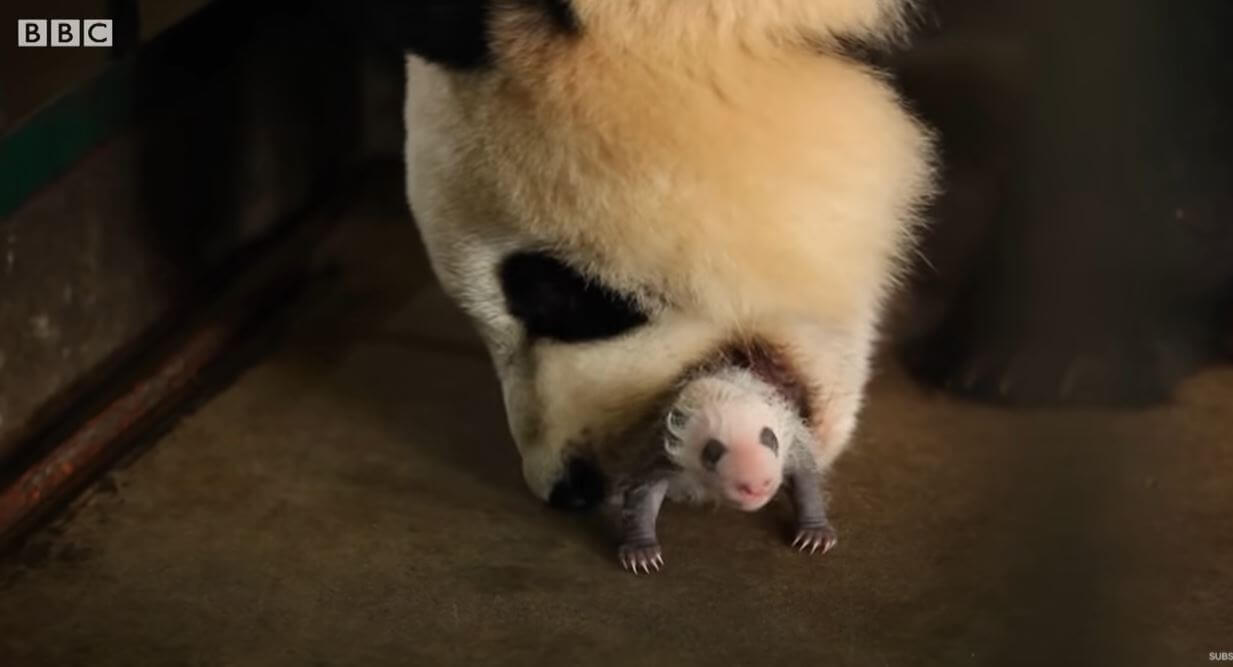
Shin Shen was transferred from the giant panda conservation and research center in Wulong, China, to the Ueno Zoo where she was born. She later arrived at the Tokyo Zoo with her male partner, Rey Rey.
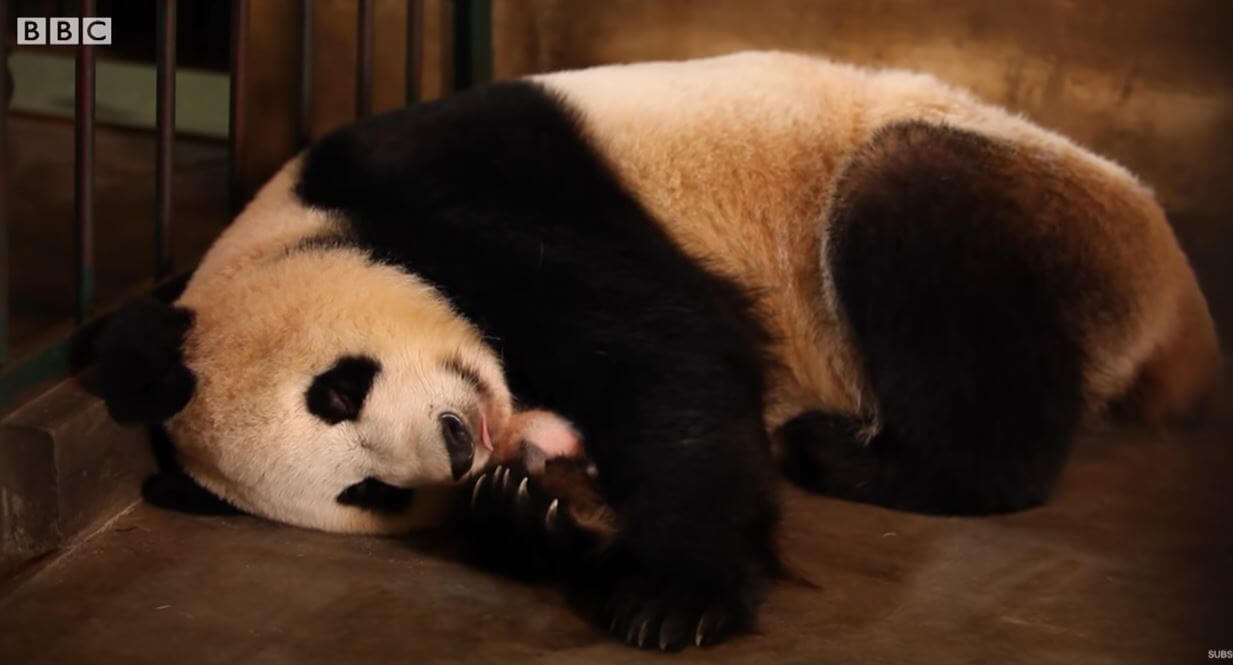
The couple had their oldest child, a baby girl named Xiang Xiang in 2017. With the arrival of the twins, the family of three is now growing. And Shin Shin is doing a great job as a mother. We all hope to see the whole family when mom and baby go to the zoo for the show.
You can watch the video of the mother panda and her cubs staying together below!
H/T: CNN
Read More: For the first time in 130 years, a super rare dwarf Kingfisher has been Over Looked by Scientists
